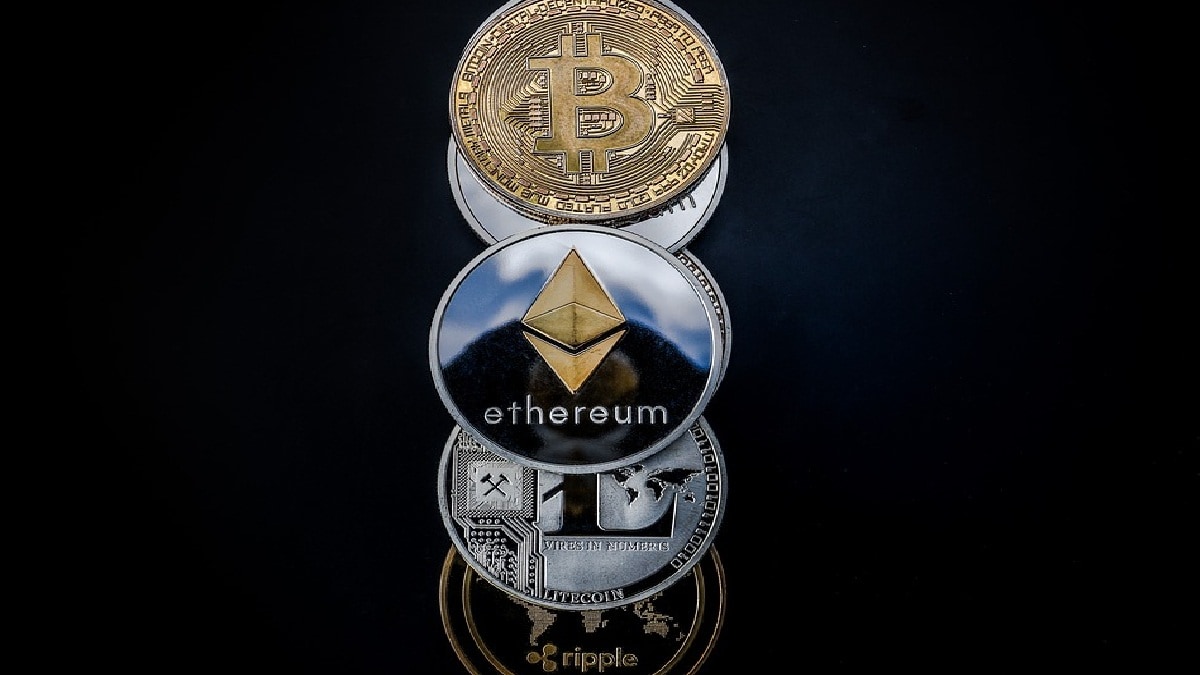Google is planning a legal challenge to block a decision by India’s antitrust watchdog to change its approach to the Android operating system, worried it will limit how it promotes the platform, sources with direct knowledge of the situation told Reuters.
The Alphabet unit was fined $275 million (almost Rs 2,300 crore) in two Indian antitrust rulings last week — one for its in-app commission charging policies and another for abusing its market position for the Android operating system.
The rulings come as Google faces heightened antitrust scrutiny around the world. It suffered a major setback last month when a European court upheld a 2018 ruling, saying it largely upheld a ruling that the company had imposed “illegal restrictions on Android mobile device manufacturers.” Google plans to appeal the decision, where it faces a record fine of $4.1 billion (almost Rs 33,800 crore).
The Competition Commission of India’s (CCI) ruling on Android, although it included a smaller fine of $162 million (almost Rs 1,300 crore), has worried Google as it seeks more far-reaching remedial measures, three sources familiar with the matter said of company thinking.
One of the sources said Google was concerned the CCI ruling could increase regulatory pressure in other jurisdictions and a legal challenge to block enforcement of the antitrust directive was planned within weeks.
Google declined to comment on its legal plans, repeating its statement from last week that the CCI’s order was “a major setback for Indian consumers and businesses, creating serious security risks … and raising the cost of mobile devices for Indians.”
Abhishek Manu Singhvi, Google’s lead lawyer in its arguments before the CCI, tweeted on Wednesday that “inherent and obvious flaws” in the order make a challenge inevitable and likely to succeed.
Google has faced criticism worldwide for licensing its Android operating system to smartphone players but signing restrictive agreements that are anti-competitive. The American firm claims that Android has created more choice for everyone, and such agreements help preserve the free operating system.
In the case of the European Commission, for example, its antitrust body ruled in 2018 that Google abused its dominant position by forcing manufacturers to pre-install two of its apps – Google Search and the Chrome browser – along with its Google Play store on Android devices.
The Indian order, one of the sources said, is worrisome because it goes further and imposes restrictions on a wider range of Google apps – “Play Store licensing … will not be tied to the pre-installation requirement” of services for Google search, Chrome browser, YouTube, Google Maps, Gmail, or any other Google application,” the CCI notes.
Faisal Kausa, founder of Indian research firm Techarc, said such pre-installation restrictions could force Google to think about different revenue models, such as charging device makers a license fee for Android in India, as they have done in Europe.
“The CCI guidance is at the heart of Google’s revenue model for Android – which relies on a volume play where the user base is larger, multiple monetization opportunities,” Cavusa said.
In Europe, 75 percent of the 550 million smartphones run Android, compared to 97 percent of the 600 million devices in India, Counterpoint Research estimates.
Google is also concerned that the CCI has ordered them not to impose any restrictions in India on so-called “sideloading”, the practice of downloading apps without using an app store, and allow other app stores to be available in its Play Store, two of the sources said.
However, they are expected to boost the prospects of local competitors such as Indus App Bazaar, which offers thousands of apps in English and local languages. The order “will spur more choice and innovation for Indian developers,” Indus said this week.
© Thomson Reuters 2022
https://www.gadgets360.com/internet/news/google-planning-legal-challenge-india-antitrust-fine-amazon-devices-3470898#rss-gadgets-all








